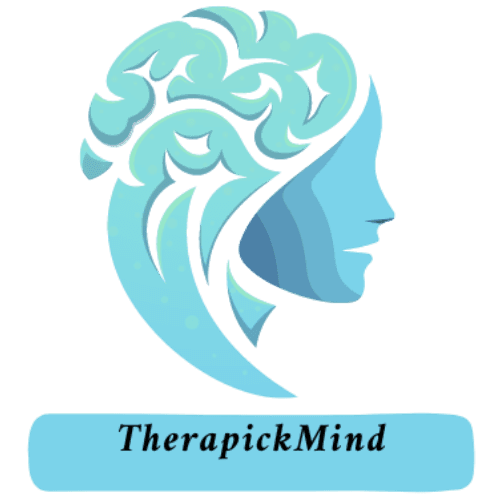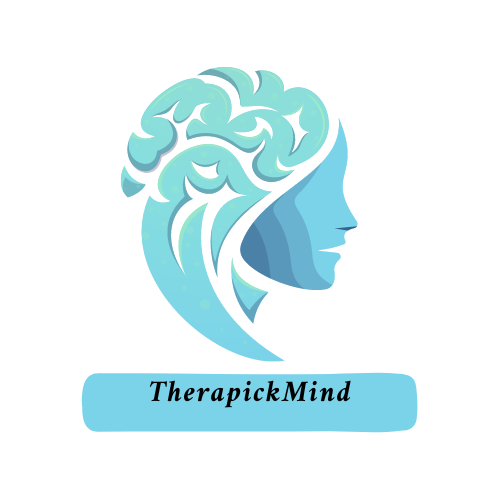The Importance of Balanced Digital Entertainment: A Psychologist’s Perspective

The Digital Dilemma: A Balanced Approach to Entertainment
In today's digital age, entertainment is available at our fingertips — from binge-worthy series to endless short-form videos and gaming apps. While digital entertainment can be relaxing and enjoyable, overindulgence can silently chip away at mental and physical health.
🌟 Why Digital Entertainment Is Good — In Moderation
- Stress Relief: Watching a lighthearted series or playing a casual game can offer a break from daily stressors.
- Social Connection: Shared digital experiences help people bond over favorite shows or online games.
- Creativity & Learning: Platforms like YouTube, podcasts, and documentaries can stimulate curiosity and knowledge.
⚠️ The Psychological Cost of Excessive Screen Time
However, when digital entertainment becomes excessive or compulsive, it may cause:
- Emotional Dysregulation: Prolonged use can lead to irritability, restlessness, and mood swings, especially in children and adolescents.
- Sleep Disorders: Blue light exposure before bedtime disrupts melatonin production and disturbs the circadian rhythm.
- Social Withdrawal: Preference for screen time over real-life interaction may result in isolation, loneliness, and weakened relationships.
- Reduced Attention Span: Constant scrolling can fragment focus, making it difficult to concentrate on tasks requiring sustained attention.
- Dopamine Overload: The instant gratification from likes, games, and binge-watching may cause a drop in real-world motivation.
✅ Tips for a Healthy Digital Entertainment Routine
- Set Screen-Time Limits: Use apps to track usage and schedule breaks.
- Prioritize Meaningful Content: Choose media that is uplifting, informative, or mindfully entertaining.
- Create Tech-Free Zones: Keep devices out of bedrooms and dining areas.
- Balance With Offline Activities: Encourage outdoor play, hobbies, and face-to-face conversations.

Mahammad Irshad (Irshad Md)
Mahammad Irshad is a Consultant Psychologist and Assistant Professor with a specialization in digital-age behavioral patterns and mental well-being. He is the founder of TherapickMind.
Related Blogs
No related blogs available.

